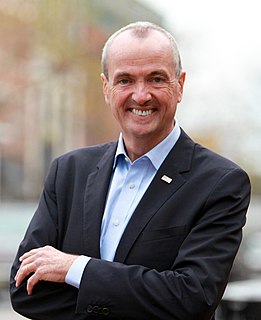A Quote by Michael Hudson
Needless to say, banks and bondholders do not want to promote any arguments explaining the limits to how much can be paid without pushing economies into depression.
Related Quotes
Global central banks are working hard to lift their economies through an aggressively easy monetary policy. The ECB [European Central Bank] and BOJ [Bank of Japan] are buying tens of billions of bonds and other financial securities each month in an effort to stimulate their economies, which is pushing down rates everywhere, including in the U.S.
To save the banks from making losses that would wipe out their net worth, you'll have to get rid of Social Security. It means that you'll essentially have to abolish government and turn it over to the banking system to run, with an idea that the role of governments is to extract income from the economy to pay to the bondholders and the banks.
Political scientists don't work at banks which is a problem. As political issues become more important for the markets, analysts at banks are asked all sorts of questions they don't have the ability to answer. And if you're getting paid to answer questions as analysts at banks are you never want to be in the position of saying you don't know.
I have a very, very secret drive to become a dilettante, without the pejorative overtones or the obligation to produce myself. There's so much to examine, so much to contemplate. I have enormous enthusiasm when I start a new project but then there's the meetings and the counter-meetings, the rehearsals, the struggles. You have to keep pushing and pushing and pushing to get your dreams realised.
































